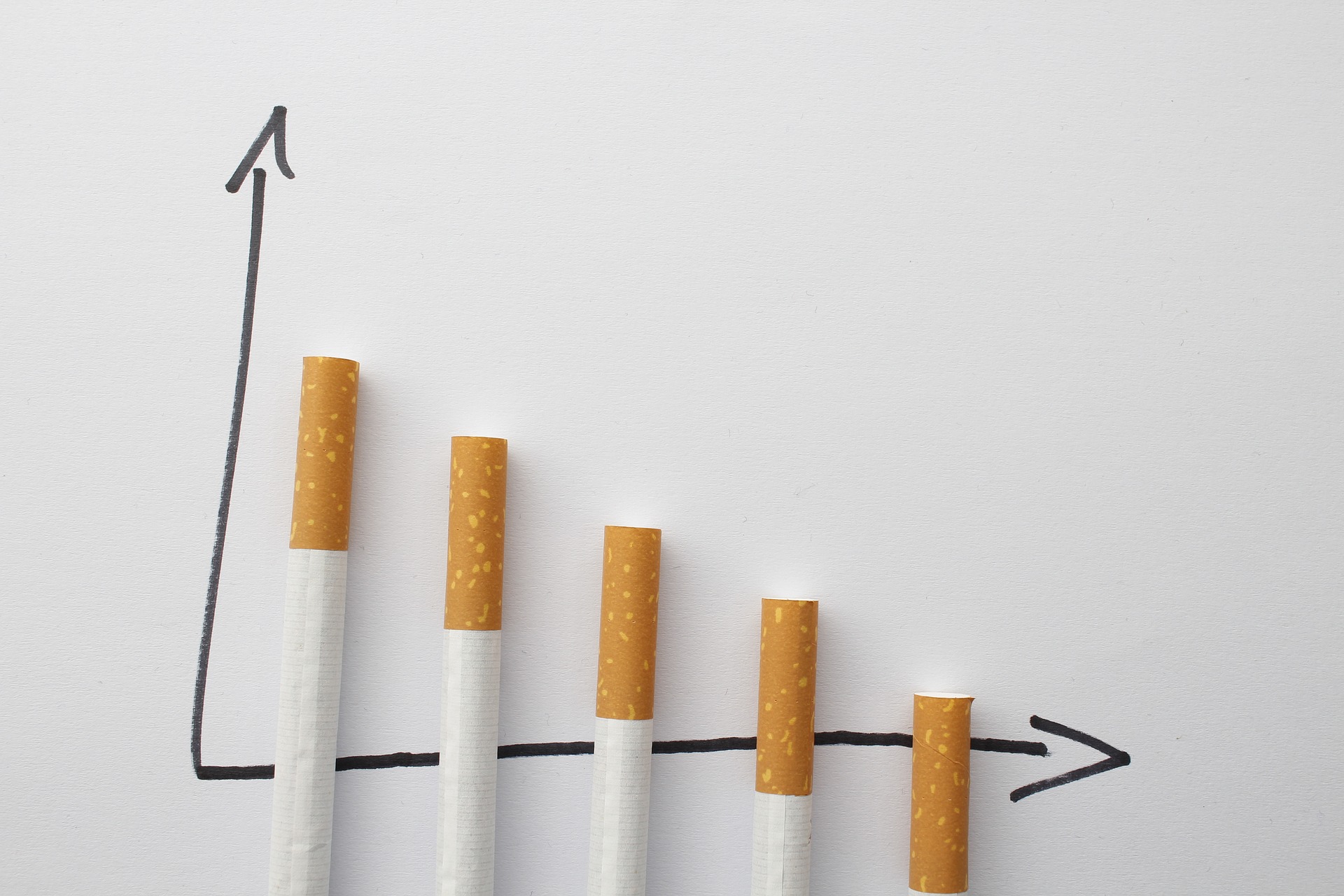Training Yourself Out Of An Addictive Personality
We are all, to a huge degree, shaped by the circumstances that made and surrounded us. This includes our upbringing, where we live, and even our family histories, and what we inherited.
Author:James PierceReviewer:Karan EmeryApr 08, 20237.1K Shares795.4K Views

We are all, to a huge degree, shaped by the circumstances that made and surrounded us. This includes our upbringing, where we live, and even our family histories, and what we inherited. However, while it’s important to address these imbalances caused by our environments, it’s important to also recognize what changes can make on an individual level. When it comes to the question of addiction and addictive personalities, it’s worth noting that it’s not something that’s set in stone. We have the chance to change those aspects of ourselves.
Acknowledge And Talk About It
If you are currently struggling with any kind of addiction, then the first thing you have to do is acknowledge that addiction is, indeed, what you’re dealing with. Choose someone that your trust (someone who does not indulge or encourage your addiction, specifically) to open up to. When you start talking about it, it becomes a real concept that you can start thinking about how to grapple and resolve.
Don’t Let Others Encourage It
One of the harder steps of changing an addictive personality is recognizing that some of the people you might consider friends might be the people who are helping you sink further into those worst aspects of yourself. Some people enable out of a sense of trying to help, and they can seek help for that behavior, too. However, we’re talking about cutting offfriends who encourage you to indulge, who do so themselves, and who generally do not share the concern for your wellbeing that they should. It can be emotionally fraught and even lead to confrontation to cut these people off, but until you do, the road to your recovery is going to made significantly harder than it would be, otherwise.
Get The Help That You Need
You can’t start to address the personality that leads to addiction unless you have a clear head that isn’t being plagued by active abuse of said addiction. Getting into counseling and therapy can be an excellent choice but for the more medically dangerous or severe dependencies, you might instead need to look at options such as inpatient rehab. Treatments can help you not only get a break from the addiction and a sincere chance of recovery. They can also help you start addressing some of the mental routes at the root of what has sparked an addictive personality in the first place. Though purely physical addictions do exist, they are more often tied to issues such as stress, anxiety, depression, and so on.
Work On Your Delayed Gratification Skills
Naturally, it’s not fair or correct to suggest that all people who struggle with addiction do so because they are at the whims of their own cravings all the time. It goes deeper than that. However, higher rates of impulsivity have been linked to addictive personality traits. So, it can help in the long-term if you are able to fight the more impulsive sides of your nature by actively exercising your ability to delay your gratification. For instance, if you find yourself craving something simple, like your favorite snack or a takeout meal, then instead make it a reward for doing something that you’re responsible for and measure whether or not you’re able to delay your gratification for that long. Keeping records of your attempts to improve your behavior can make you much more mindful of it.
Identify And Work On Your Psychological Triggers
Addictive personalities often take root in mental health issues, such as depression and anxiety. However, the average person with a dependency isn’t often thinking about these issues when they indulge in abuse. Usually, the steps leading up to that abuse are started by a psychological trigger. Learning about psychological triggers, whether they are environmental, social, or personal, can help you start to identify your own triggers, whether it’s being around certain people, in certain places, or feeling a certain way that leads you to indulge in addictive behavior. Though it’s not a cure, recognizing your triggers can help you avoid them and, perhaps more importantly, acclimate to them so that you can change how you respond to them.
Don’t Let Negative Self-image Drag You Down
There are many self-destructive cycles that can lead to addictive personalities repeating their bad habits. Amongst the most harmful of all is having a negative self-image. People with low self-esteem can be more prone to abuse because even though they know the behavior is harmful, they can develop a nihilistic habit of catastrophizing their own lives and attempts to recover. Thoughts like “I’m destined to be a failure so I may as well” can be very powerful, which is why it’s essential to take the steps to lift your self-esteem, whether you are able to do it yourself or you need the help of professional counseling to teach you the tools that you need. Often, we can be our very worst critics and some outside perspective may help a lot.
Find Your Social Circle
One of the big contributing factors that can lead to both addiction as well as the mental routes of addiction (such as depression and stress) is the very real struggle with isolation. Oftentimes, people with addictive personalities form peer groups with other people with addictive personalities, but this is not real friendship, this is a relationship of co-enabling. In the beginning, joining and keeping up with support groups can help you develop real social circles with people who are going through similar struggles. As time goes on, however, it’s important to try and build social circles by finding hobby groups, talking to people you interact with on a daily basis, even reconnecting with friends and family.
Make Use Of Better Distractions
People who are driven to habits are going to take a long time to get out of that cycle. Identifying your triggers and bettering your mental health can help a lot in the long term. However, in the short term, you might want to make sure that even if you aren’t completely rid of your habitual behavior, you can at least make sure that it’s being driven towards good habits. Exercising is much better than smoking, crocheting is much better than drinking, and so on. It might seem unhealthy to keep indulging the need to have a certain habit, but it is not a true equivalence. Habits that are good for you, mentally and emotionally, can help you on the road to recovery, while the other kind can just keep dragging you back.
Keep Yourself Accountable
Most importantly, you need to make sure that you are accountable for every step of the way. You can talk to loved ones about the efforts that you’re making (including the times when you struggle) and keep going to meetings that track your progress. But you should do it personally, as well be it through journaling or keeping a tally of days that you have been free of abuse of your addiction. What matters most is that you continue to be honest with yourself and, most importantly, recognize that stumbling along the way is not the end of recovery, it’s just another step towards a healthier future; one that many people take on the way.
An addictive personality does not mean you are inherently prone to addiction. It is something that can be changed, both by addressing addiction itself as well as the root causes and psychological mechanisms that feed into it. Hopefully, the tips above give you some ideas of how you can overcome them.
Jump to

James Pierce
Author

Karan Emery
Reviewer
Latest Articles
Popular Articles


